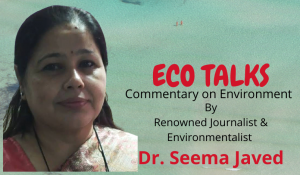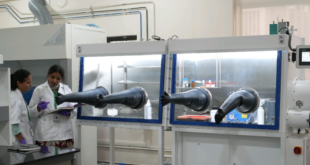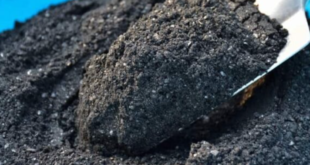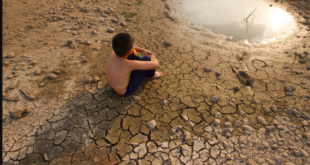 The 2024 National and Provincial Elections or the General elections will be held in South Africa on 29 May 2024 to elect a new National Assembly as well as the provincial legislature in each of the nine provinces.
The 2024 National and Provincial Elections or the General elections will be held in South Africa on 29 May 2024 to elect a new National Assembly as well as the provincial legislature in each of the nine provinces.
As South Africa goes to polls -the $8.5 billion Just Energy Transition Partnership( JTEP)” for South Africa,. which was described as a “watershed moment” – and a “game-changing partnership” in COP26 has been slow in progress . The JTEP was launched with a great fanfare in Glasgow with the collaboration of wealthy nations for clean energy to replace coal in a socially responsible manner.
Not only have coal plant closures been delayed in a bid to tackle rolling electricity blackouts, known as “load-shedding”. There’s also disagreement over the role fossil fuel gas should play in South Africa’s future energy mix .
According to experts who closely follow the JETP – the progress has been slow because- 97% of the $8.5 billion package rich countries are offering South Africa to shift from coal to clean energy is set to be delivered as loans. Financing provisions obtained by Climate Home News shows that $4.6bn – 54% of the funding – is earmarked as concessional loans and under half of that money is provided by Germany and France.
The remaining $3.7bn, or 43%, include a mix of commercial loans and investment guarantees to de-risk projects so they attract private investors. These will come from the EU, US and the UK, which is contributing the largest share.
Cyril Ramaphosa has repeatedly said his government would only accept a deal that offered good terms. Most of the money should come as grants, he said , and any loans should be at concessional rates.
The Progress on the Just Energy Transition Partnership has been slow due to South Africa’s debt concerns and divisions over the role of gas in the current regime. South Africa’s state-owned electricity generator Eskom is not keen on taking on more debt.
As of last November, just $308 million of grant-funded projects under the JETP had reached the implementation phase, government data shows. Of this, just $30m was categorised as spending on the just transition in the coal-dependent Mpumalanga province. Although the government has not published equivalent information on loans – which make up 97% of the donor-backed support.
In addition, South Africa’s energy ministry and the wealthy governments that are providing funding disagree on the role of gas in the country’s energy transition. The donors backing the JETP are the US, Canada, Britain, Switzerland, the European Union, the Netherlands, Germany, France, Denmark and Spain.
Coal plant closures have been delayed by South Africa’s lack of reliable electricity, which has led to rolling power black-outs known as “load-shedding”.
While problems affecting the coal sector are a key cause of unreliable electricity supplies, Eskom has said it will delay the closure of three coal-fired power plants in response to the crisis. Meanwhile South Africa’s best wind and solar resources, in the south and west, have remained under-utilised.
 Jubilee Post News & Views
Jubilee Post News & Views





